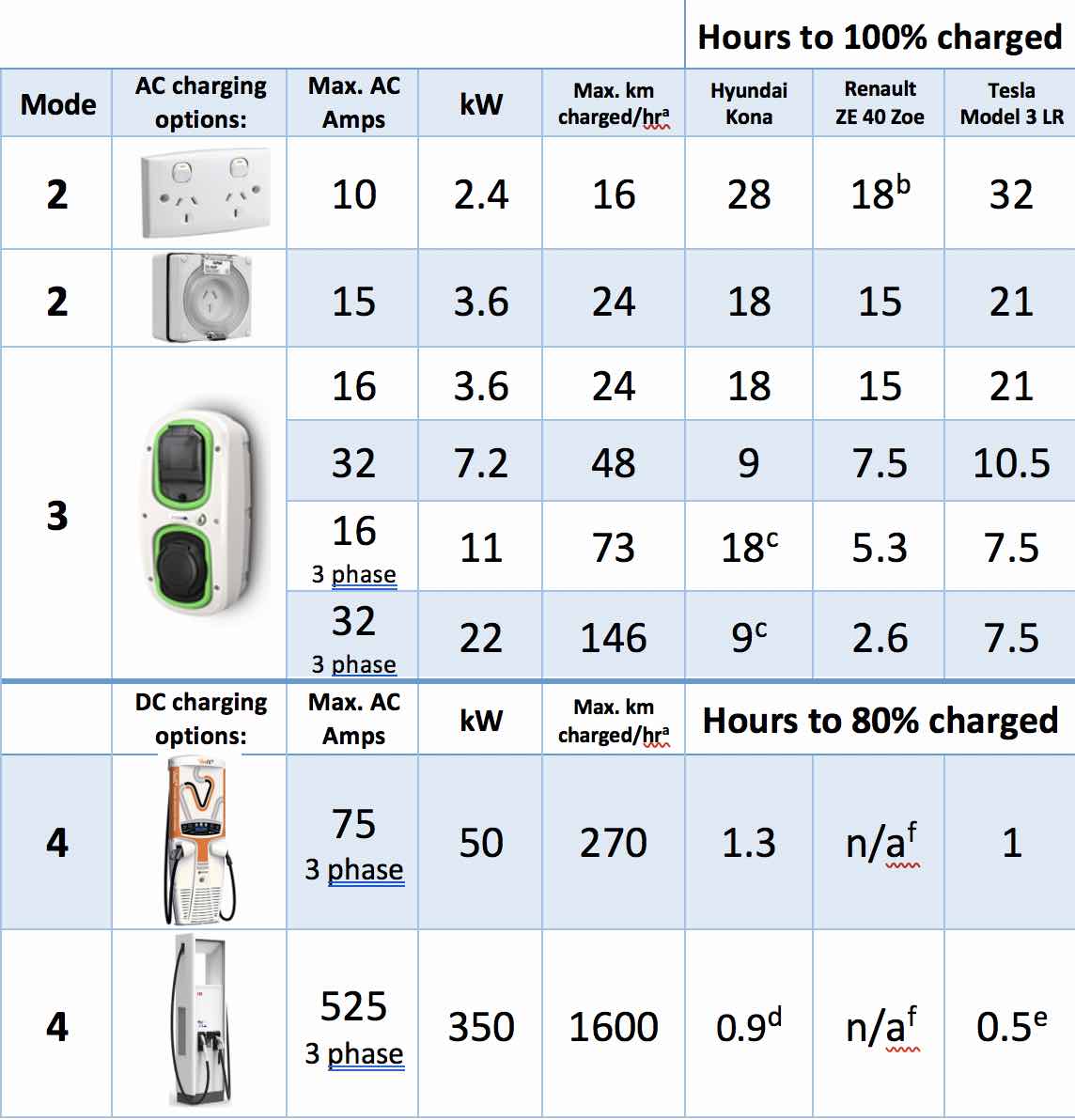
The power to weight and battery capacity are important factors when choosing the best electric bikes for heavy riders. A heavier rider may need to be more careful on climbs and can drain the battery quicker than someone who is lighter. A good ratio can support 300 pounds or about two-thirds the maximum weight of an electric bike.
A sturdy frame is essential for the best heavy-riding bikes. This is particularly important for those who intend to transport a large load such as children or cargo. A strong front suspension fork can also help to support a big payload. Having a comfortable saddle can also make a big difference.
Heavy riders will find the best bikes that are comfortable, durable, and easy to use. Some models come equipped with an LCD backlit display and reflective sidewalls. In addition to a sturdy rear rack and protective wheel skirt, many come with a USB port and footpegs. Many include a height-adjustable seat to improve ergonomics.

If you are a heavier rider, then you will need a mid-drive engine. It transfers power through your ebike's drivetrain. There are many sizes of mid-drive motors, but the 500-watt motor is the most powerful. Higher torque ratings can be helpful in moving heavier loads.
A fat tire ebike is another option. Fat tires offer extra grip and comfort for riding on rough trails. A fat tire model will also allow you to carry a heavier load, and may be able to handle steep hills. A good fat tire e-bike will also come with a powerful motor to help you go fast without exertion.
The best bikes to ride for heavy riders need a durable fork and a carbon-fiber fork. Comfort is also affected by the size of the frame and the tire. It is also possible to check for a battery with an extremely long charge time. The Lithium-ion battery pack is usually removable and can be swapped out for a fresh one if it runs out. The capacity of larger riders' battery packs is generally around 1000Wh. This is a great benchmark for a daily commuter machine.
The Schwinn IC4 as well as the Riese & Muller Superdelite Ebike may be the best options for you if you're looking for an electric bicycle that can handle heavy riders. Both bikes feature Bosch Performance Line CX motors with a maximum load of 350 pounds.

Zize Bikes Yonder, and the 29er Max2.0 are two other options for big guys. Both of these bikes are purpose-built for mountain biking and cater to a larger market. These bikes feature an upright geometry and vibration-reducing seat. They are also capable of supporting riders up to 7 feet tall. They also come with an adjustable stem.
The sixthreezero Around the Block Men's Cruiser Bike is a nice option for riders who are 5 to 6 feet in height. The bike has a 19" frame and includes a Shimano rear derailleur. It features a sleek design and smooth gear changes.
FAQ
Is it really worth becoming a mechanic.
The answer to that question depends on what your life purpose is. If you're looking for money, then it's true. But, if there are meaning and purpose in your life, then it's not.
If you don’t have any mechanical skills, it’s pointless to get into it. It will just waste your time. You won't become rich from it. You won't become famous. And it's unlikely to change your life.
You'd have to spend years learning how things work. It would be expensive to have your car fixed by someone else. It's the reason most people don't bother. They find something else to do.
Summarising, if your goal is to make lots of money, go for it. But if you want to live a meaningful life, stay away from the mechanic's industry.
How long is an automotive mechanic apprenticeship
An automotive mechanic apprenticeship takes around three years to complete. This includes two year at school as well as two years as an apprenticeship. The first year is spent learning all aspects of the trade, including theory, practical skills, and safety procedures. You'll also learn the safe and efficient use of tools during this first year. After the first year, a second year will be spent on-thejob training. This year you'll get experience in different trades. These are also the times you can attend formal courses.
The last year of the program is dedicated to gaining certification and qualifications in the field. These include NVQs (National Vocational Qualifications), that are given after passing specific industry exams. There are also HNCs (Higher National Certificates), which cover general subjects like management, business administration, customer service, and more. City & Guilds certificates can be obtained for individuals who want to learn certain trades.
Is it possible to work as an automotive mechanic?
Yes, it's possible. Many garages advertise their vacancies online, and many people apply just because they think it might be fun. To get your foot in front of the door, try applying for a few positions to see if any accept student applications. If you don't know anyone working in the industry, ask your friends and relatives. They might be willing to recommend someone.
Do I need to have a degree to work as an automotive mechanic? What about part-time study?
Although it's not mandatory, a degree can help. Employers are more likely to hire candidates who have completed a complete degree. It shows that you've put the effort in and have done everything possible to succeed.
But, this doesn't mean you have to stop working while studying. Some universities let students complete their coursework in the summer and then continue their studies during the school year. Other universities permit students to take classes part-time during the school year.
Statistics
- There were 749,900 jobs available for automotive service technicians and mechanics in 2016, which is expected to grow by six percent through 2026. (jobhero.com)
- 52% of Mechanics in the United States think their salaries are enough for the cost of living in their area. (indeed.com)
- According to the BLS, total auto technician employment is expected to exceed 705,000 by 2030. (uti.edu)
External Links
How To
How to become an Automotive Technician
A technician who works on vehicles is an automotive technician. He/she can be found at auto shops, garages and service centers. He/she assists customers in fixing their cars, trucks or motorcycles. A technician in automotive must be able diagnose and repair problems quickly, safely, accurately, efficiently, and effectively.
If you want to be an automotive technician, you need an associate degree from vocational school. After completing the program, he/she must take the National Institute for Automotive Service Excellence certification exam. ASE stands for American Society of Mechanical Engineers. Two sections make up the ASE certification examination. The first section tests for mechanical knowledge, the second for practical skills. To pass the test you must go to one of the authorized testing facilities. These testing sites can be found online and through your local dealer.
After passing the exam, a candidate must take a state exam before being licensed as an automobile technician. This process varies depending on where the applicant lives. Some states require that applicants attend a training class, while others allow them freedom to study at their own pace. Some states require technicians to be licensed immediately upon receiving their license. Other states wait until they have been employed as automotive technicians for at least six month.
To become an automotive technician, one must apply at a local dealership. Most new employees work as apprentices after they have been hired. Apprenticeship programs usually last three years. This is when a student can learn how to do basic repairs such as changing oil, adjusting brakes and replacing tires. Some students learn how to do advanced repairs, such as installing air filters, replacing shocks, repairing engines, and replacing transmission fluids. Many schools offer classes during regular hours. However, there are some schools that offer evening classes for those who need them.
When a student has completed his/her apprenticeship, they become a journeyman. Journeymen usually spend four to five year learning how to install major systems like transmissions, differentials steering gear, suspensions, drive shafts, and steering gear. You will also learn how to repair complicated electrical components, as well as how to remanufacture engines and rebuild transmissions. Many employers prefer to hire Journeymen because they understand the job well.
If a candidate successfully passes the required exams and receives a license, he/she might want to consider starting his/her own shop. The Bureau of Labor Statistics estimates that there were nearly 1.7 million jobs available for automotive mechanics in 2010. This figure is expected to rise 18 percent between 2009-2020. Candidates who decide to open their own business should be prepared to invest thousands in equipment and supplies.
Many factors affect the automotive technician's salary, including location, education, experience, and employer type. A jobless person could make an average of $20,000 annually. Someone who has only a highschool diploma could earn around 21,000 dollars per year. Earnings for those with an associate's diploma are approximately $24,000/year. Technicians with bachelor's degrees earn approximately $27,000 per year. And those with master's degrees made around $32,000 per year. Salaries are increasing so that a professional earning less than $30,000 could expect to make $40,000 in a few years.